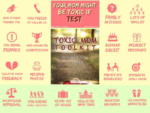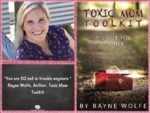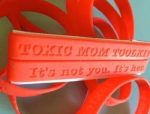Last updated on December 13th, 2023 at 04:14 pm
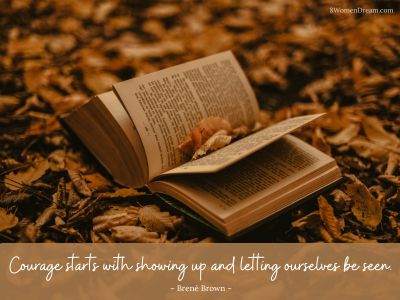 How often, on lunch breaks or over drinks, had I listened to friends worry aloud about their moms getting older? One friend chewed her fingernails to nubs over her mother’s diminishing eyesight. Would her mother have to give up quilting? Then what? Another lamented Midwest winters and her mother’s growing isolation. Her mother would never move west; would my friend have to uproot her family and change jobs in order to move closer to her mother?
How often, on lunch breaks or over drinks, had I listened to friends worry aloud about their moms getting older? One friend chewed her fingernails to nubs over her mother’s diminishing eyesight. Would her mother have to give up quilting? Then what? Another lamented Midwest winters and her mother’s growing isolation. Her mother would never move west; would my friend have to uproot her family and change jobs in order to move closer to her mother?
In those moments, I played the role of the shrewd, funny friend who always knew what to do. As a seasoned newspaper reporter, I had access to the latest information on community resources. I shared insights that transformed any sleep-disturbing mom-related issue into a manageable task to cross off the weekly to-do list. I let my friends vent, offered suggestions, and patted their forearms across the table.
Little did they suspect I did not share similar concerns about my mother.
When asked about my mother, I’d casually mention that she was doing well, living just 20 minutes away in a nice senior home and maintaining her independence. I didn’t clarify that I was referring to my third mother, the easy-breezy stepmother. Only a handful of close friends knew that my birth mother had abandoned me and that I had long ago cut off contact with the mother who raised me. After enduring years of abuse, neglect, dishonesty, and insanity, I was done with my mother. I cared little about Sunday calls, holiday plans, or scheduling her trips to the doctor.
The secret I harbored was that I was the daughter of a toxic mother.
Even when my father was alive, the chasm between us bothered him. I could justify my decision to my husband, my brother (who felt the same way), and my inner circle of friends. Yet, there were days when living out loud seemed challenging. Internally, this decision became even more difficult because my mother was such a mystery to me.
Over time, I came to believe that my decision was the only sane one. When I encountered other women grappling with toxic mothers, I took them aside and shared my story. I stopped dealing with my mother, and I didn’t need her permission to do it. No warning, no vote. I just did it.
Both our eyebrows would go up.
‘Reeeeeeally?’ they’d say.
Not every daughter can make a complete break. Some limit contact with toxic moms. Others refuse to let their parents near their own children; for many, putting up with a few drama-filled holidays is worth it to keep tabs on younger family members.
But for some daughters of toxic moms, it’s game over.
In a room of 50 women, I could spot the two or three that shared my secret. In conversations, we’d often finish each other’s sentences or wave each other off when childhood memories got too rough.
I realized that daughters of toxic mothers are a large, silent group of interesting women willing to talk if someone just asked. I began collecting their stories like scraps for a crazy quilt. I was convinced that if I could just put them together, their colorful wisdom could help other women. I think of cutting ties to your own mother as sort of the last taboo. Look at the evening news.
When neck tattoos, sex addiction, and brides marrying their own houses are understandable, I think breaking up with your toxic mom is still something few would cop to on camera.
I’d like to change that. I’d like women to live their decisions out loud. I think people will understand.
This motivated me to launch my dream to write ‘Toxic Mom Toolkit,’ a book I published to shed light on the last taboo and empower women to embrace their decisions boldly. It was time to break the silence, share our toxic mom stories, and let others know they were not alone.
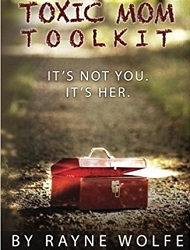 | 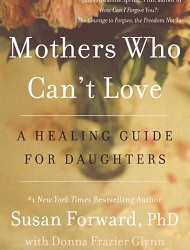 | 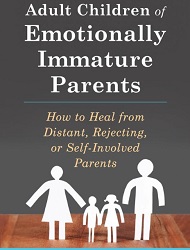 | 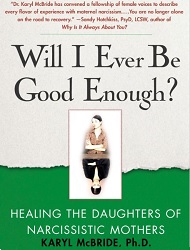 |
|---|

Rayne Wolfe is a versatile and accomplished writer, author, writing coach, and freelancer. Her notable work includes ‘Toxic Mom Toolkit,’ a memoir that not only shares her personal journey but also features mini-stories from women around the globe who, despite facing the challenges of a toxic mother, have grown into resilient adults. As a seasoned journalist, Rayne has served as a former business columnist for the San Francisco Chronicle/Examiner Sunday and the Seattle Times, showcasing her ability to distill complex topics into engaging narratives that resonate with diverse audiences.
Note: Articles by Rayne may contain affiliate links and may be compensated if you purchase after clicking on an affiliate link.
